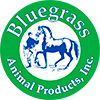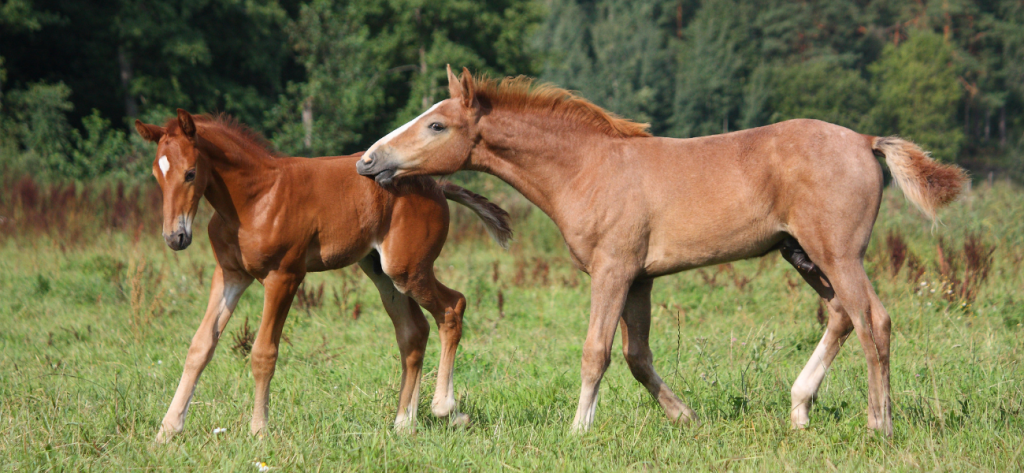Uncategorized
Foal Series: Gut Microflora of the Foal
A recent publication confirms that “stress” influences the GI microflora. The researchers compared 2 different weaning procedures. The 2 weaning procedures were an abrupt versus a progressive method. The progressive method was achieved by a daily increased separation over a period of time before final weaning event. The progressive method resulted in maintenance of beneficial bacteria over the abrupt method. This study identified definitive differences in the gut microflora in relation to stress.
Numerous stresses exist in the life of the foal through to the weanling age. The birth process, adaptation to a milk diet, addition of a solid food diet, social interactions, and the numerous potential diseases that can affect the gastrointestinal or respiratory tract of the foal. Stressors that alter the microflora likely influence the immune development and susceptibility to disease.
Lactobacillus reuteri is one of the most important bacteria of the gut microflora. L. Reuteri has been shown to kills salmonella (1) and other gut pathogens. L. Reuteri is critically involved in the maturation of the immune system, influences the gut- brain axis and inflammatory responses. Reuteri is obtained from the mare at foaling, from the mammary gland while suckling and pica (consumption of fecal material). This inoculation of the foal microflora can be supported through the administration of large numbers of live species-specific bacteria.
Equiotic contains large numbers of live bacteria. For pennies a day Equiotic can increase the opportunity for a foal to reach its maximal genetic potential and development. Additionally, why not decrease the days/cost of treatment of diarrhea/ gastrointestinal diseases and respiratory disease through the use of a program of Equiotic during the growth and development period. A few days cost of treatment of gastrointestinal disease can be more than an entire program for Equiotic.
Resources:
Yuyama, Teruhiko, et al. “Evaluation of a host-specific Lactobacillus probiotic in neonatal foals.” Journal of Applied Research in Veterinary Medicine 2.1 (2004): 26. Link – http://www.jarvm.com/articles/Vol2Iss1/YUYAMA.htm
Bernard, William V., Manu Sebastian, and Bruce Hemming. “Salmonella antimicrobial activity of selected strains of enterolactobacillus species isolated from the gastrointestinal tract of the horse.” Journal of Equine Veterinary Science 31.7 (2011): 396-399. Link – https://bluegrassanimalproducts.com/wp-content/uploads/salmonella-antimicrobial-activity-of-selected-strains-of-enterolactobacillus-species-isolated-from-the-gastrointestinal-tract-of-the-horse.pdf

